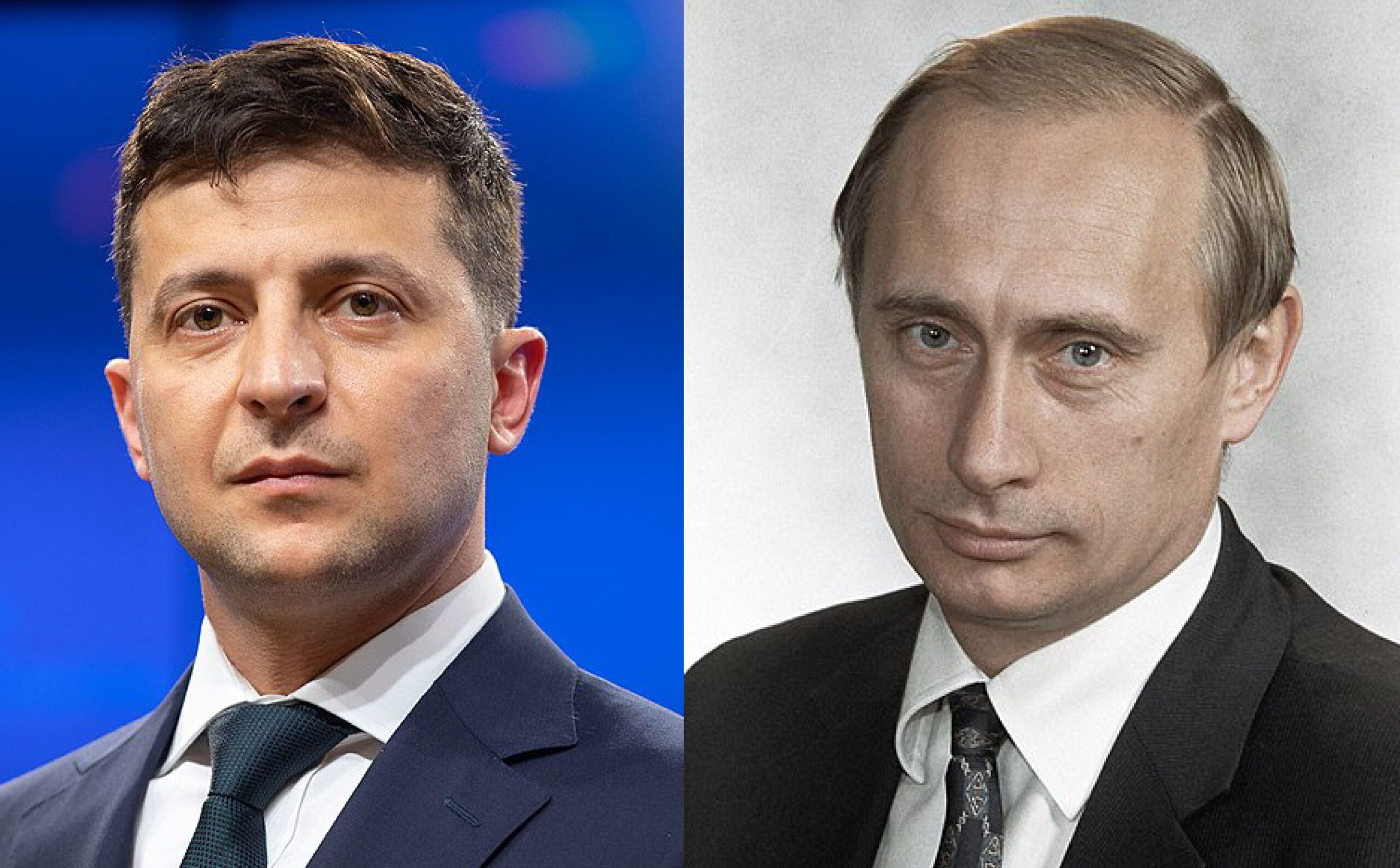
Russian Foreign Minister Sergei Lavrov said in a new interview that no summit between President Vladimir Putin and Ukrainian President Volodymyr Zelenskyy is currently planned, despite President Donald Trump’s calls for dialogue.
“It was not discussed in Anchorage. It was raised later. It’s something which is kind of impromptu, appearing from the meeting in Washington between President Trump and his guests,” Lavrov told NBC’s Meet the Press. He added that Putin is open to meeting Zelenskyy “when the agenda is ready,” but that such an agenda “is not ready at all.”
Trump’s Push for Dialogue
On August 18, Trump said he had urged Putin to meet with Zelenskyy in an effort to end the ongoing war. The call came after a day of meetings with Zelenskyy and European leaders in Washington, which Trump described as “very good.” He also floated the idea of a trilateral summit involving himself, Putin, and Zelenskyy.
Trump noted that security guarantees for Ukraine were discussed with European partners, coordinated with the United States, though he did not provide details.
Russia’s Security Concerns
Lavrov said that a broader group of nations, including permanent members of the UN Security Council, should guarantee Ukraine’s security. He cited past proposals from the 2022 Istanbul talks, which had considered Ukrainian neutrality in exchange for such guarantees.
He suggested that potential guarantors could also include Germany and Turkey, but emphasized conditions: Ukraine must remain neutral, non-aligned with any military bloc, and non-nuclear.
Lavrov reiterated Russia’s opposition to NATO membership for Ukraine, highlighted Moscow’s concerns over the protection of Russian speakers in the country, and pointed to unresolved territorial issues.
Author’s Opinion
Trump’s push for talks shows his determination to claim progress on peace, but Russia’s conditions remain fundamentally unchanged. Without real compromises on NATO, territory, and sovereignty, talks are unlikely to succeed. Even if a meeting takes place, it risks becoming more about optics than substance. For Ukraine, agreeing to neutrality under pressure may feel less like a peace deal and more like forced submission.
Featured image credit: Wikimedia Commons
For more stories like it, click the +Follow button at the top of this page to follow us.
